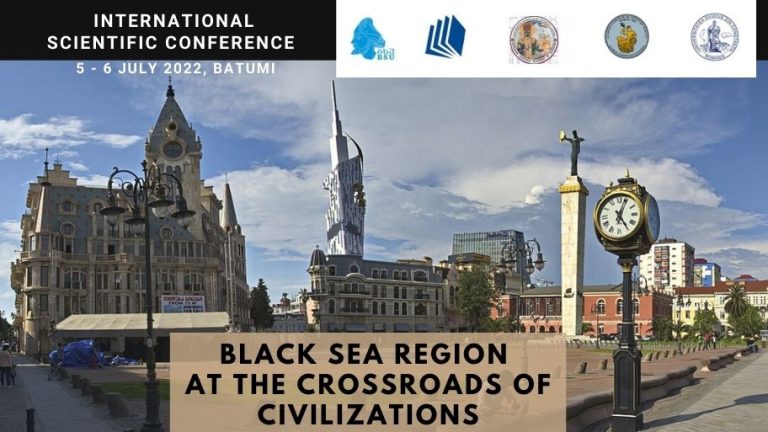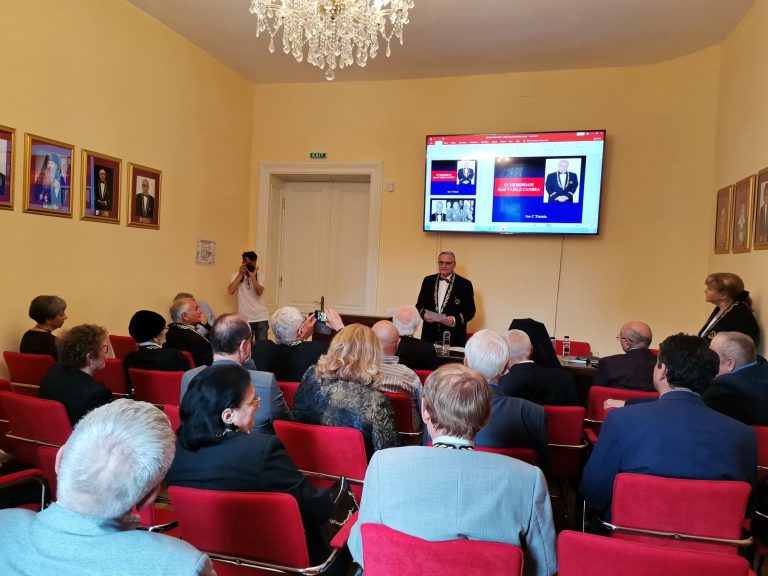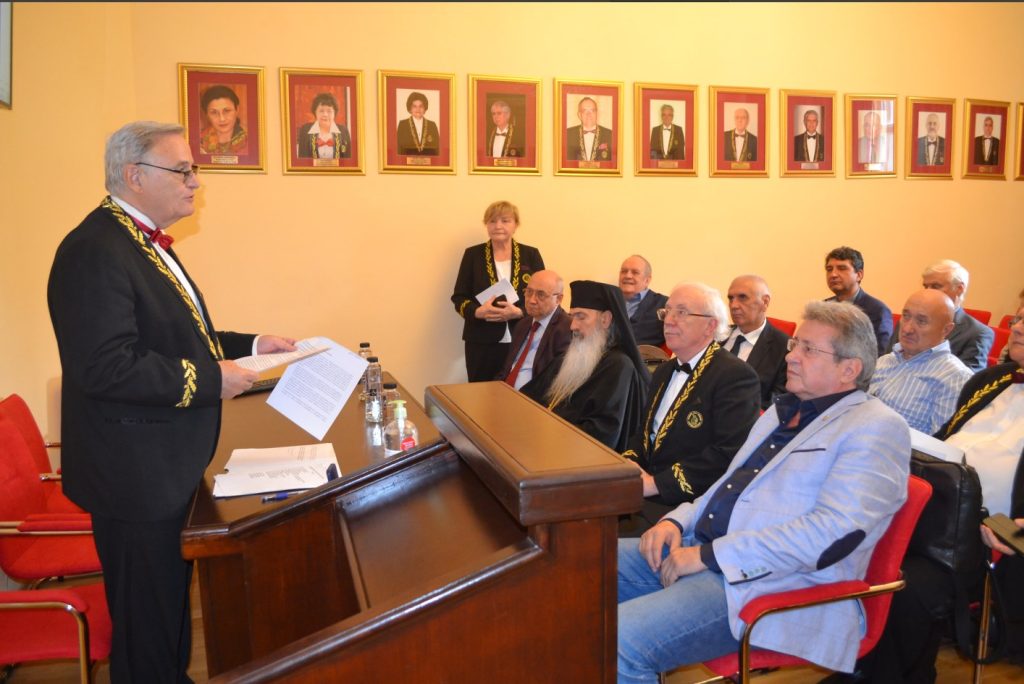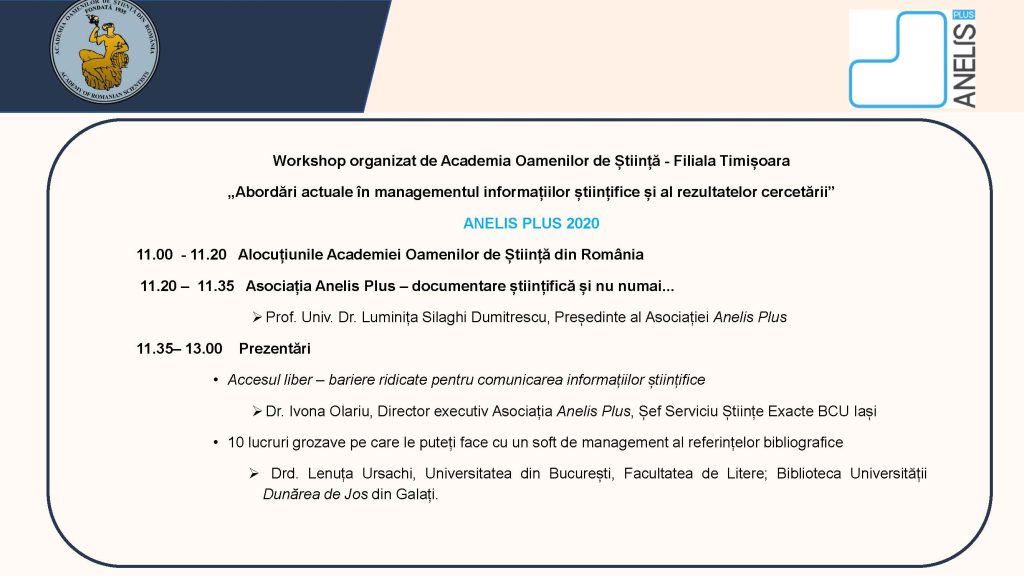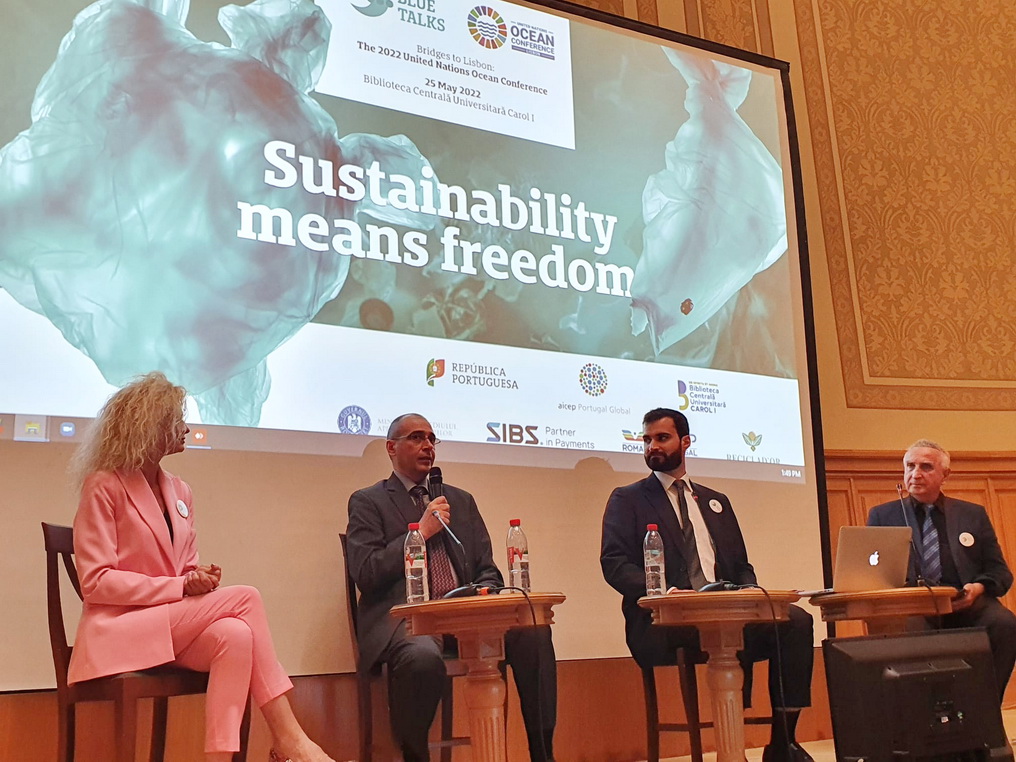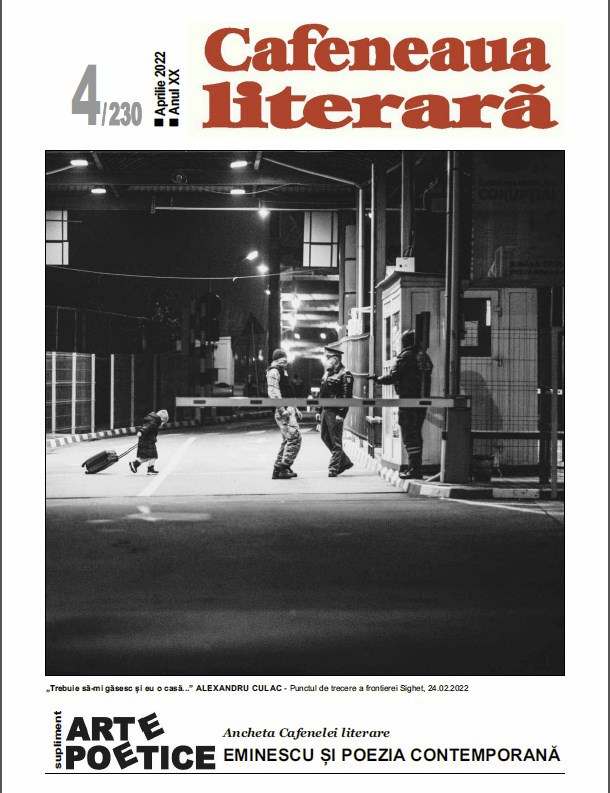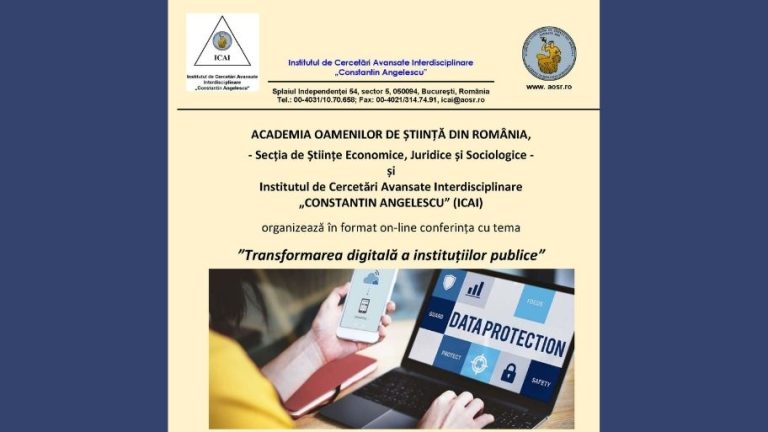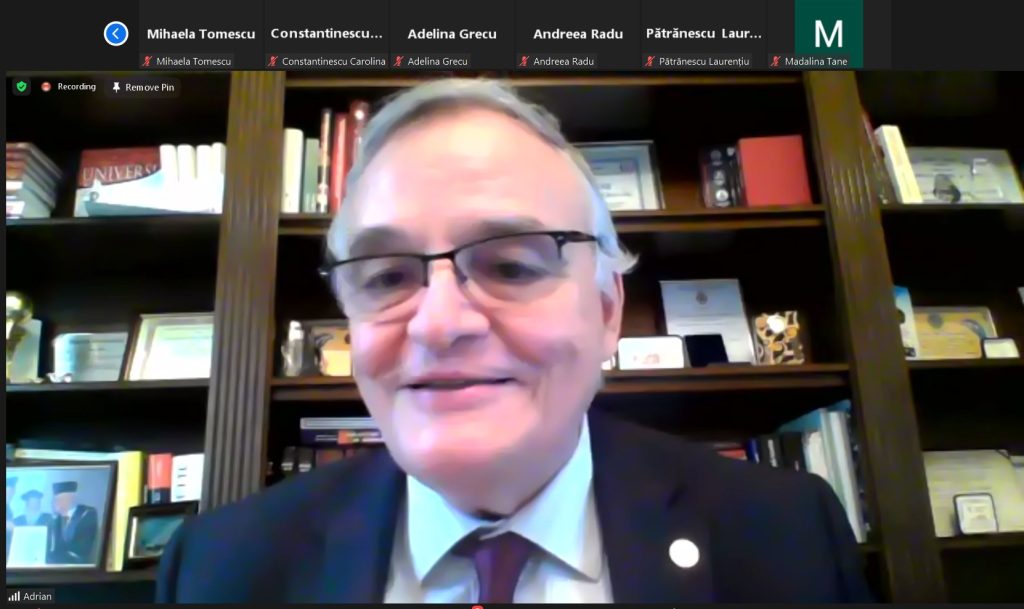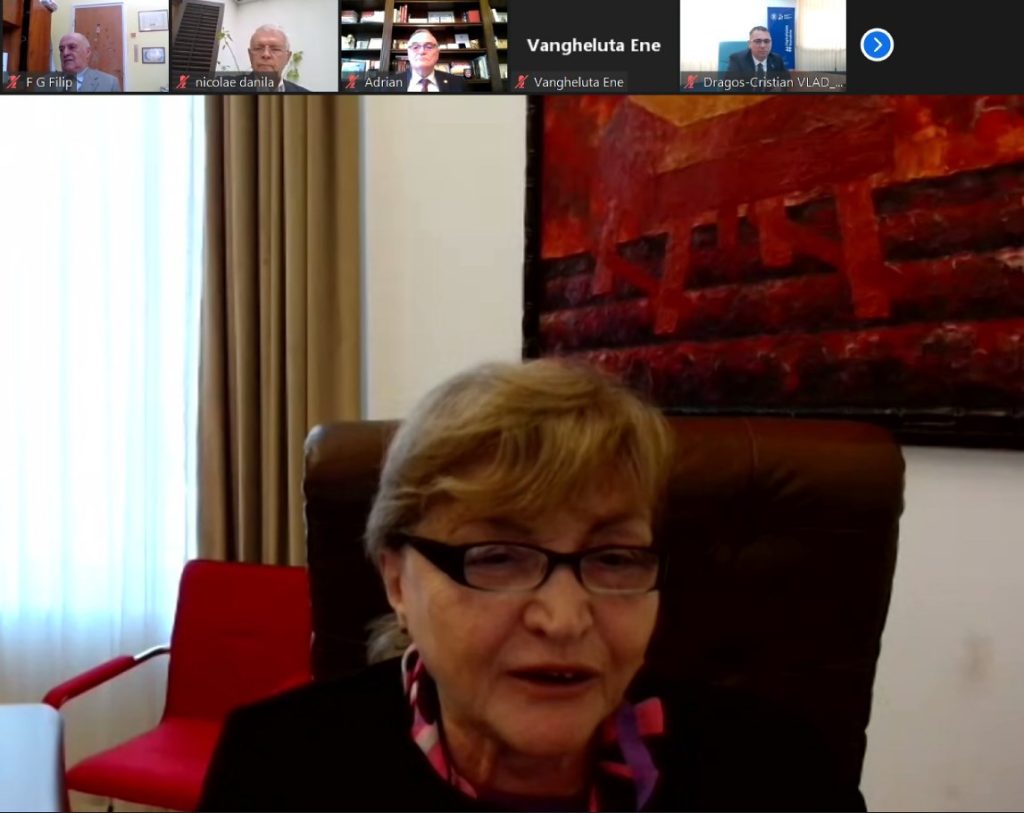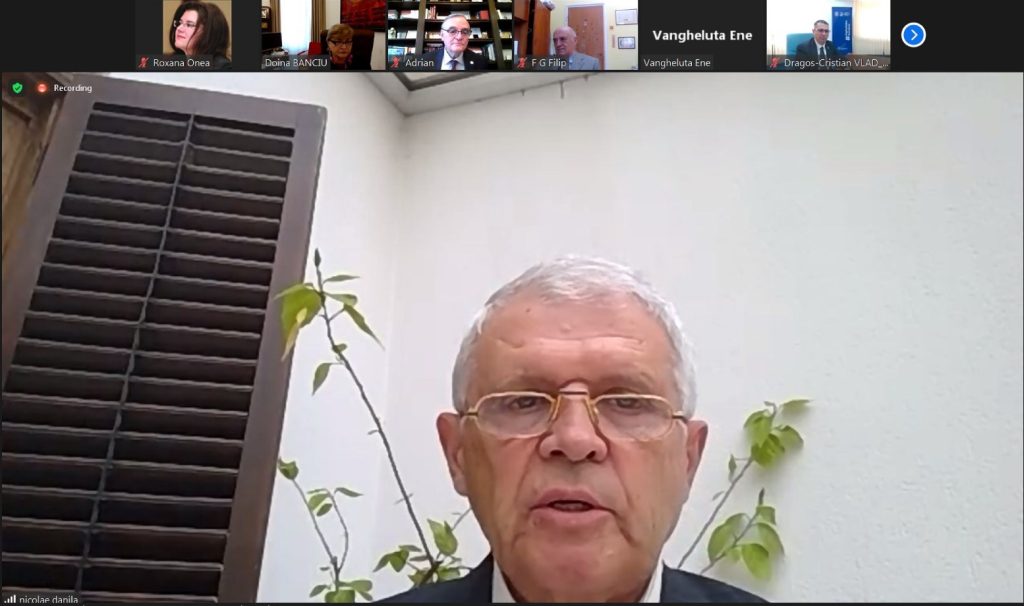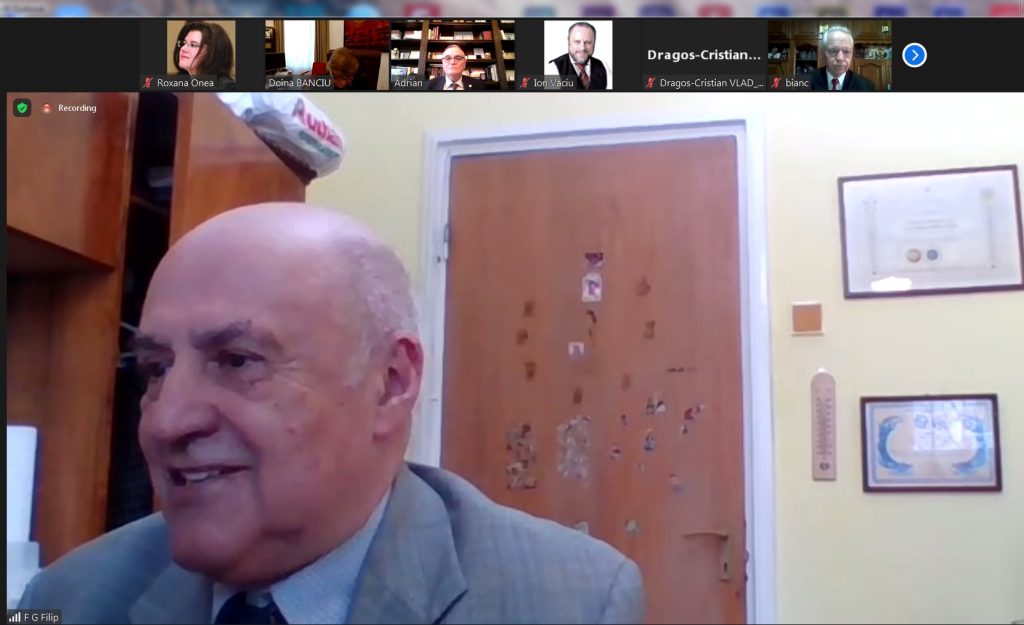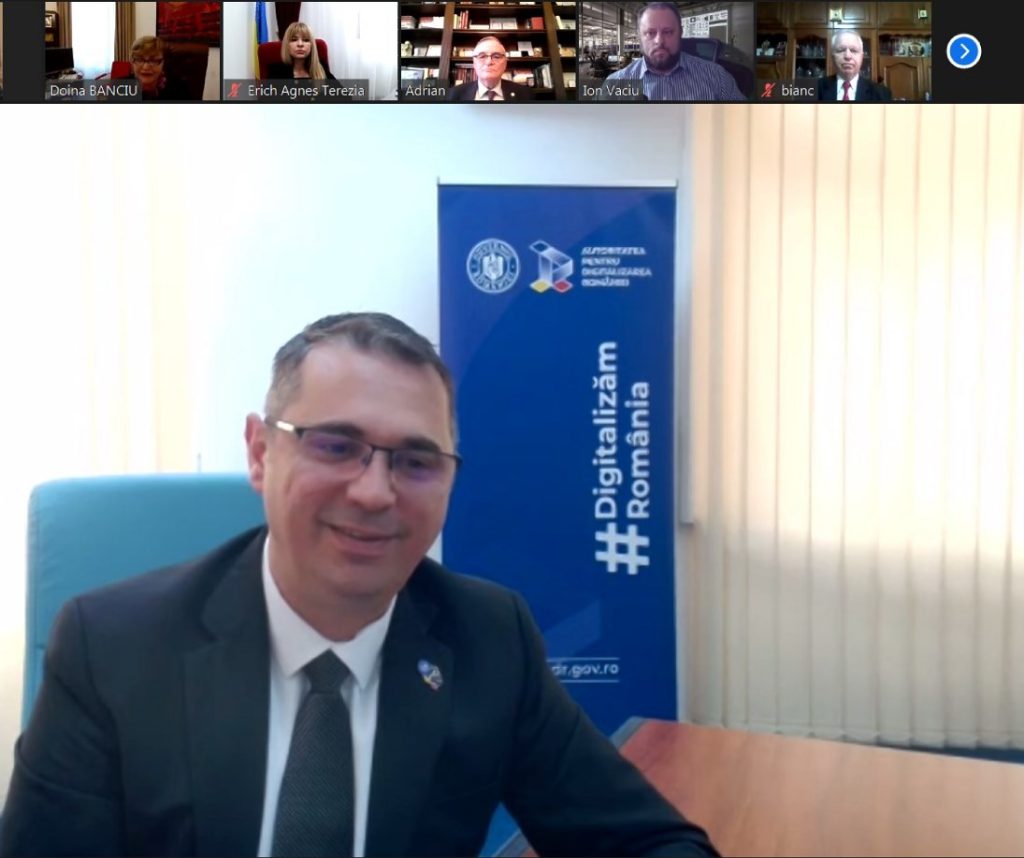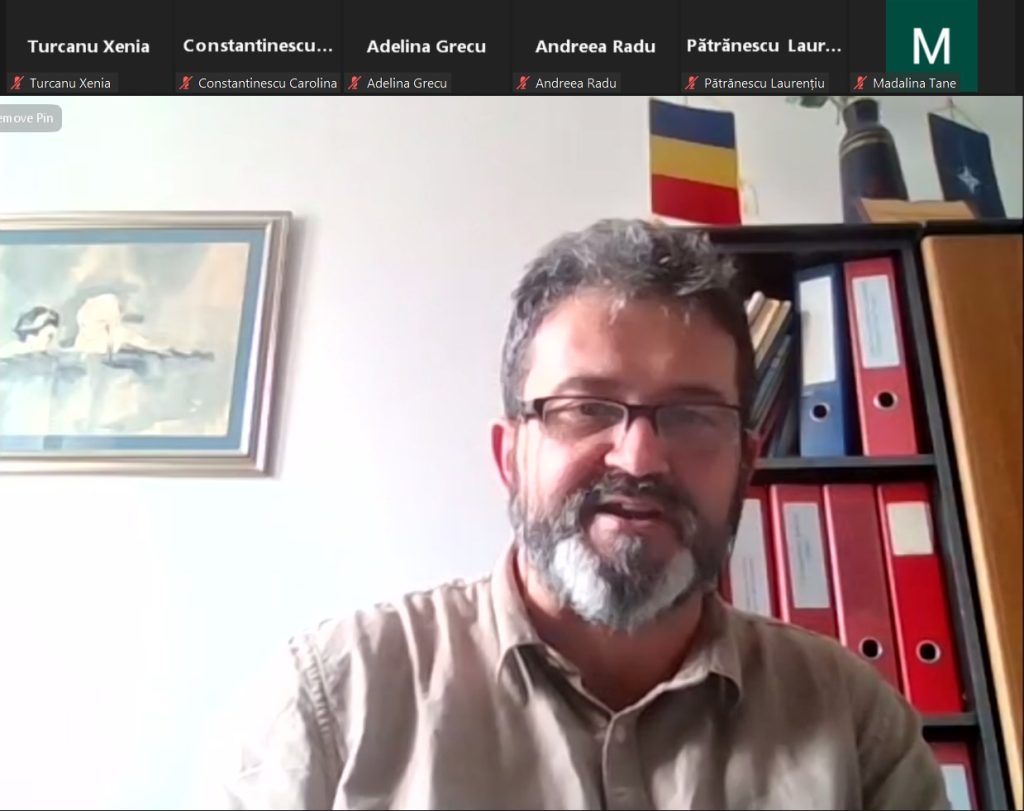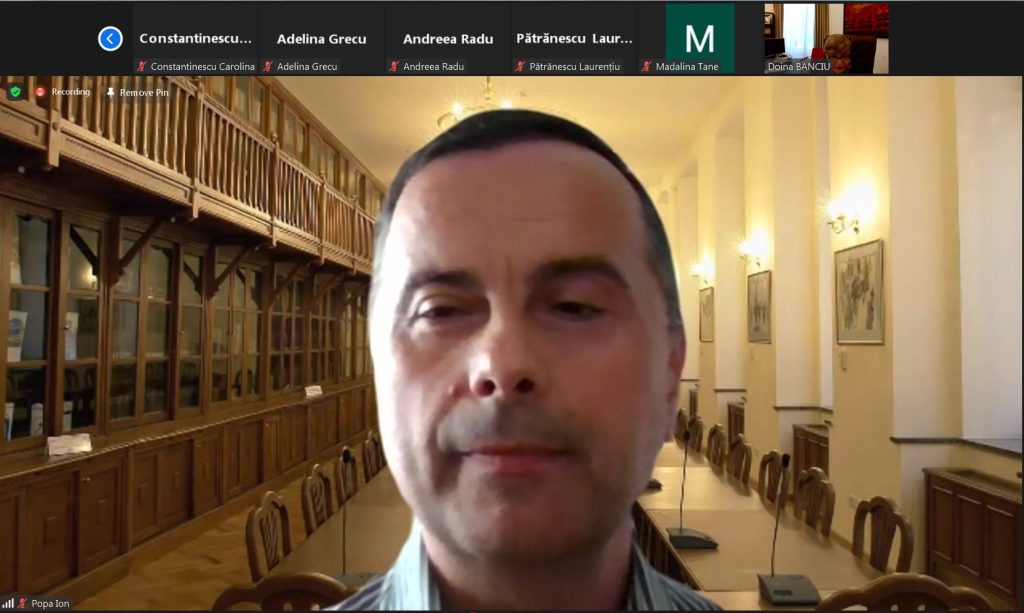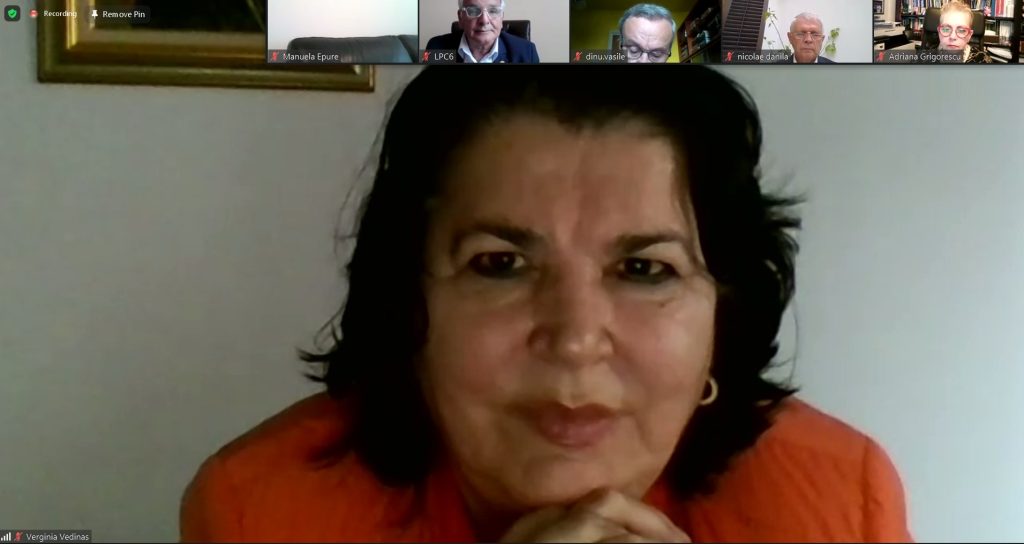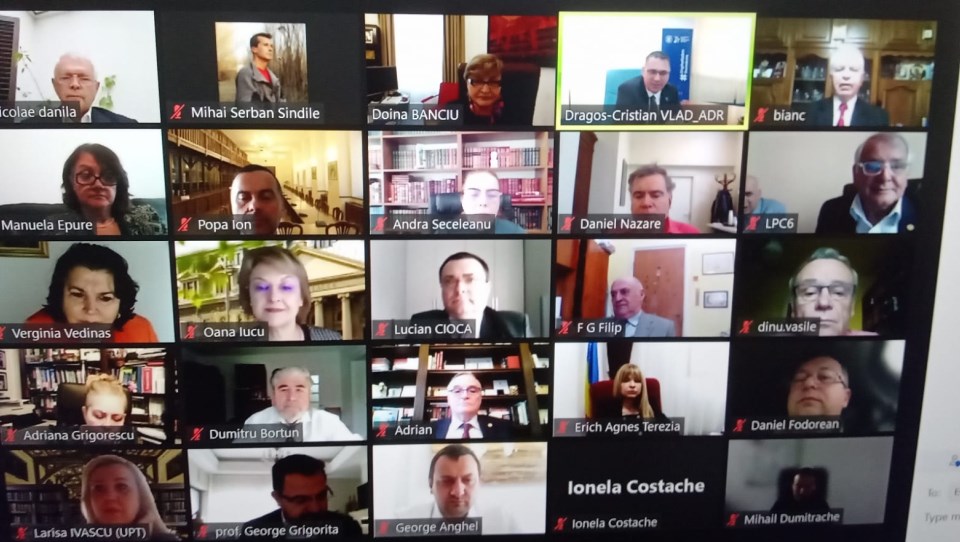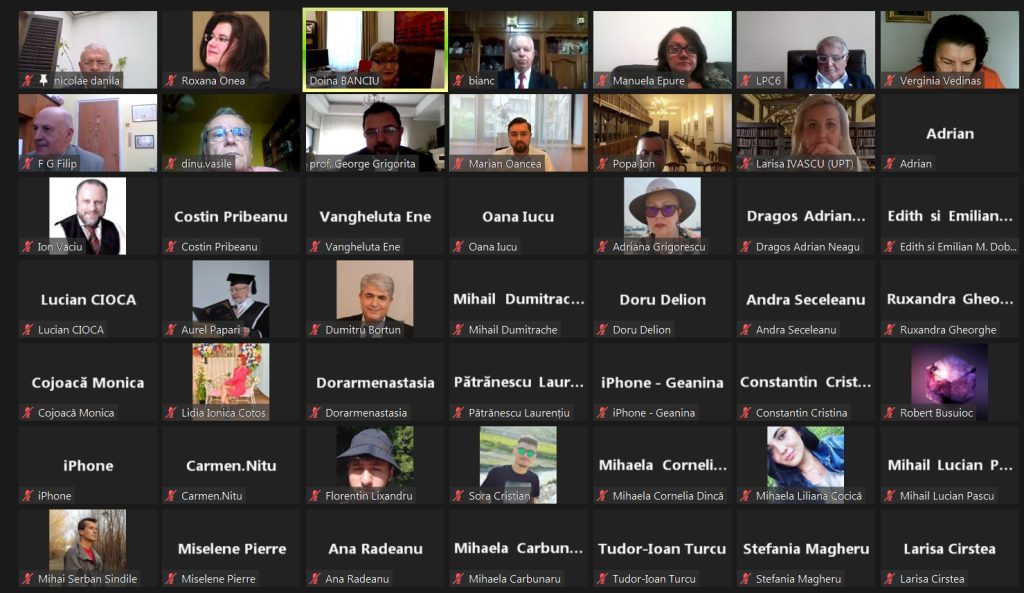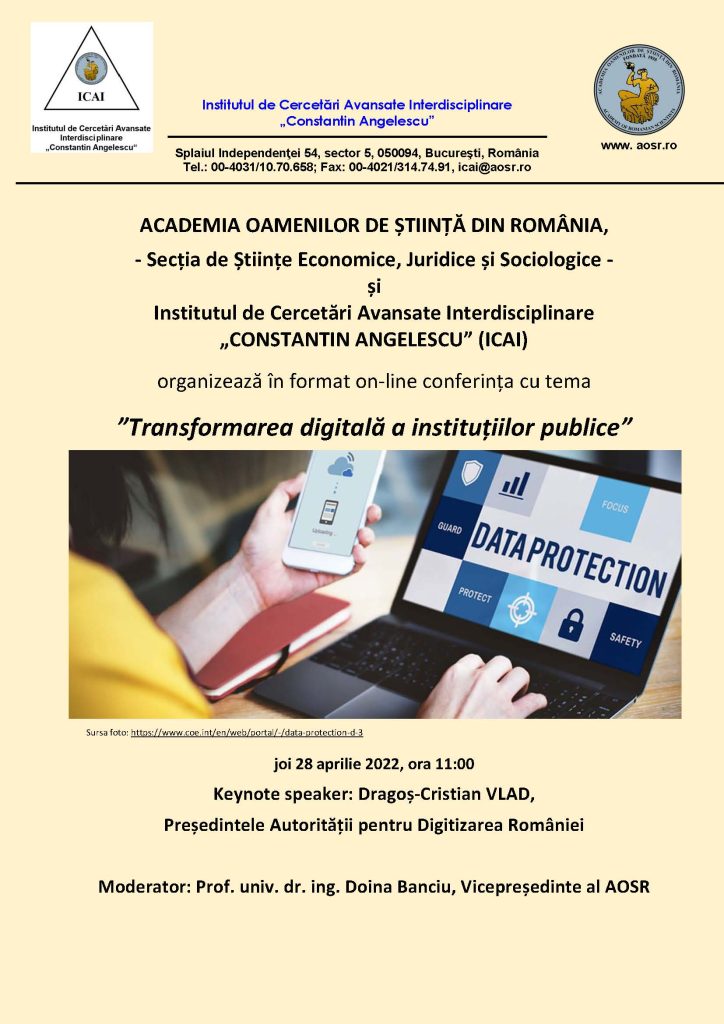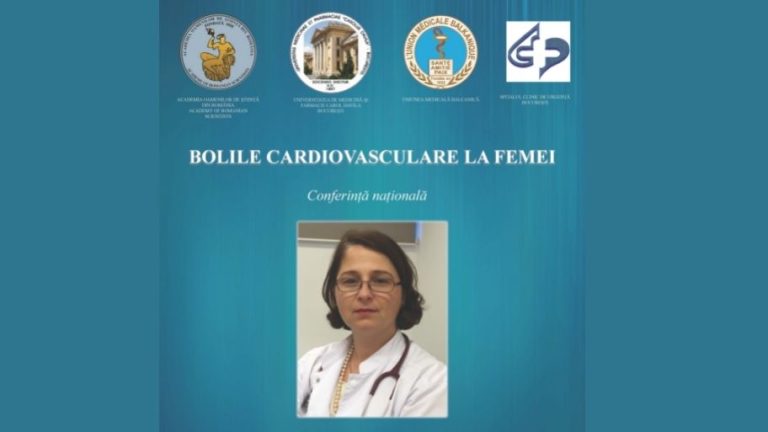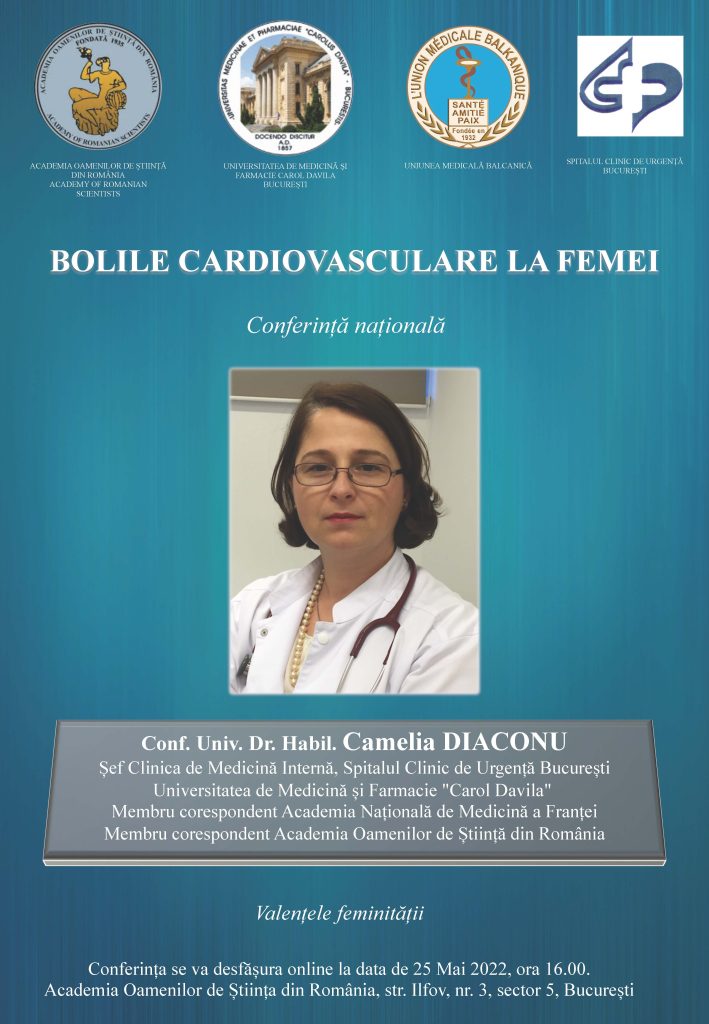The Academy of Romanian Scientists commemorates 90 years since the birth of the former General Prof. Univ. dr. VASILE CÂNDEA, illustrious personality of Romanian medicine, president-founder of AOSR.
The event will take place on Tuesday, May 24, starting with 11.00, at the institution’s headquarters, in Str. Ilfov, no. 3, sector 5, Bucharest. The session of commemoration and homage of the great doctor and professor, pioneer of cardiovascular surgery in Romania, will be attended by members of the academic body, personalities of science and research, representatives of the medical world, disciples of Professor Vasile Cândea.


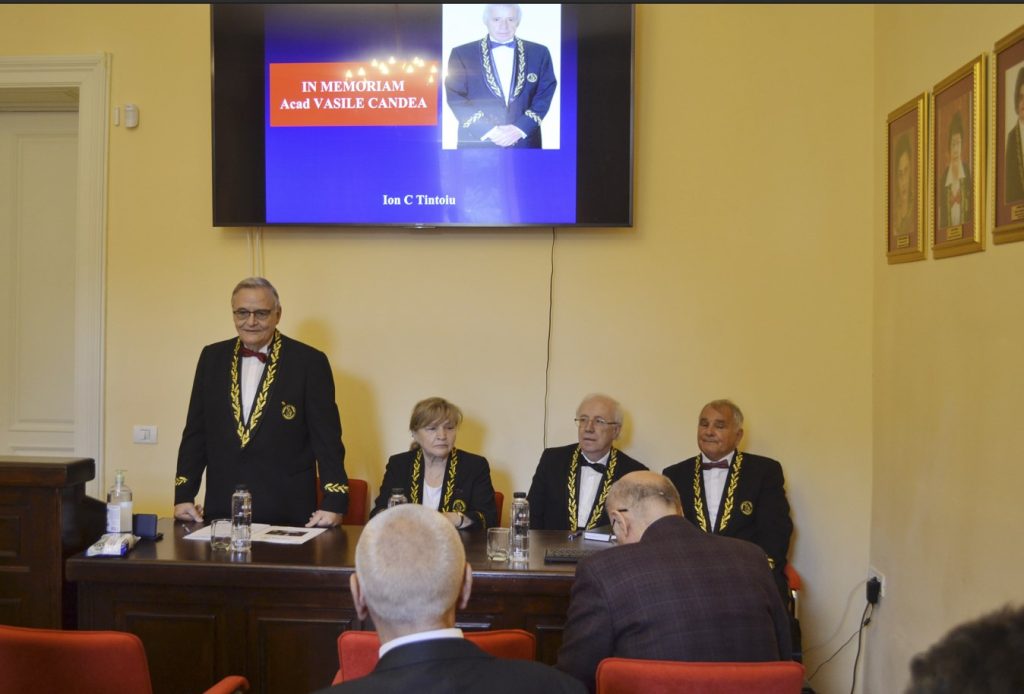
Presentations at the commemoration:
Prof. Dr. Eng. ADRIAN BADEA
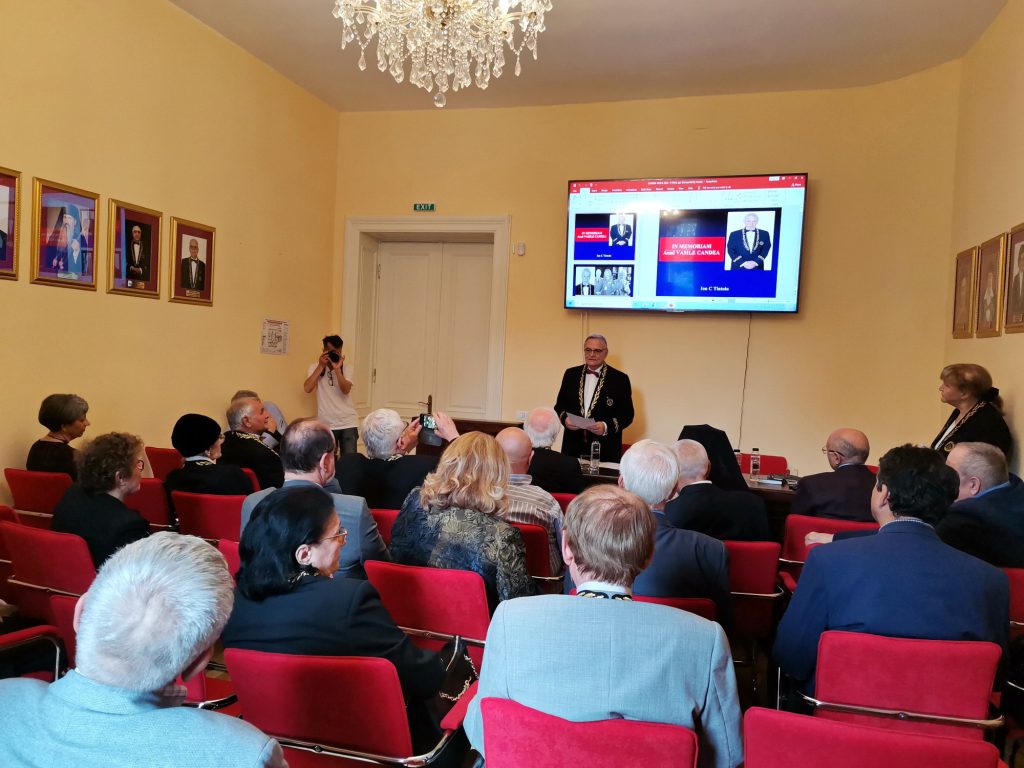
Prof. Dr. ION TINTOIU
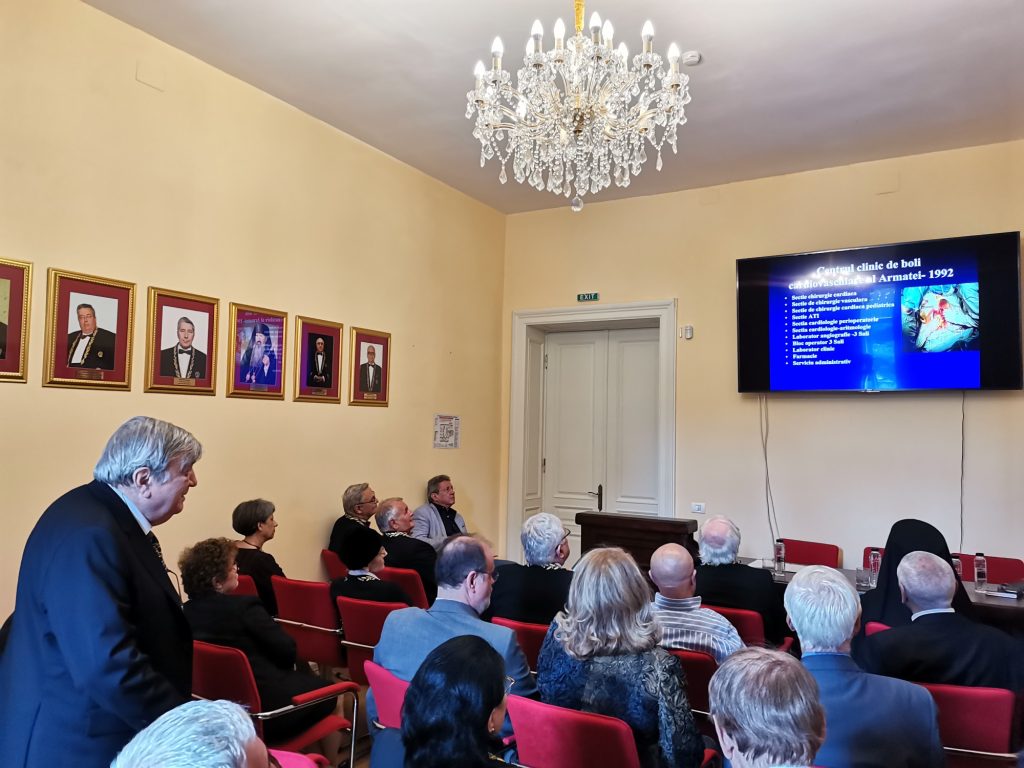
Presentation given by Ion C. ȚINTOIU
CANDEA-VASILE-2022-V-FINAL-ppt-corectatProf. Dr. IRINEL POPESCU
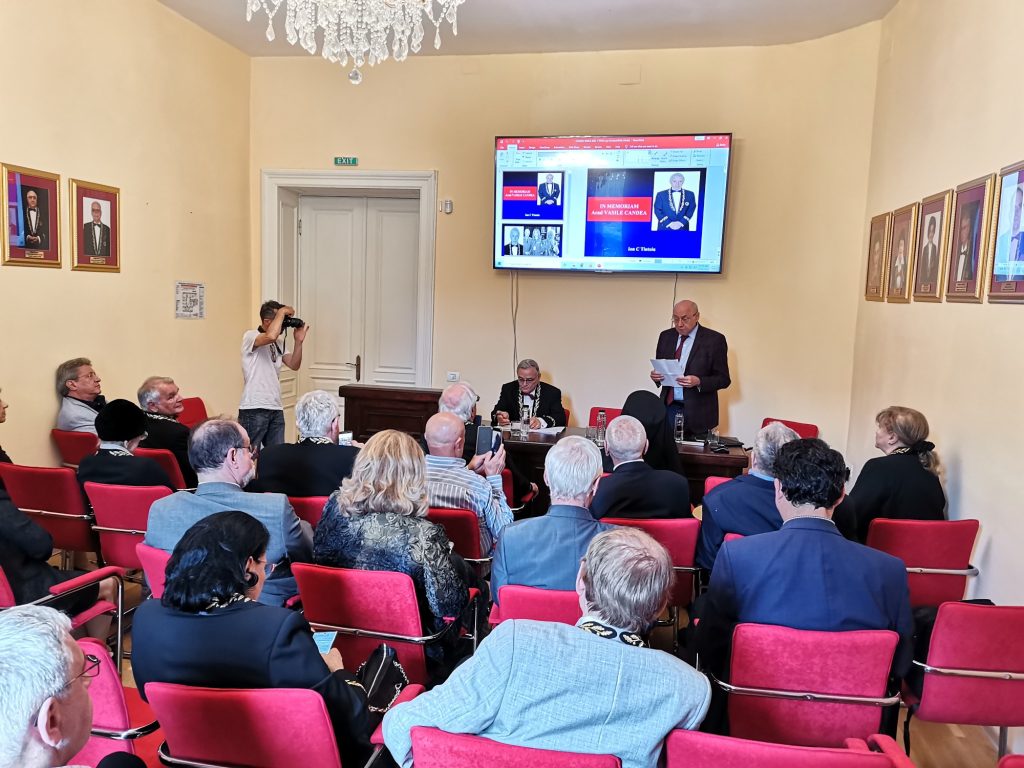
IPS THEODOSIS
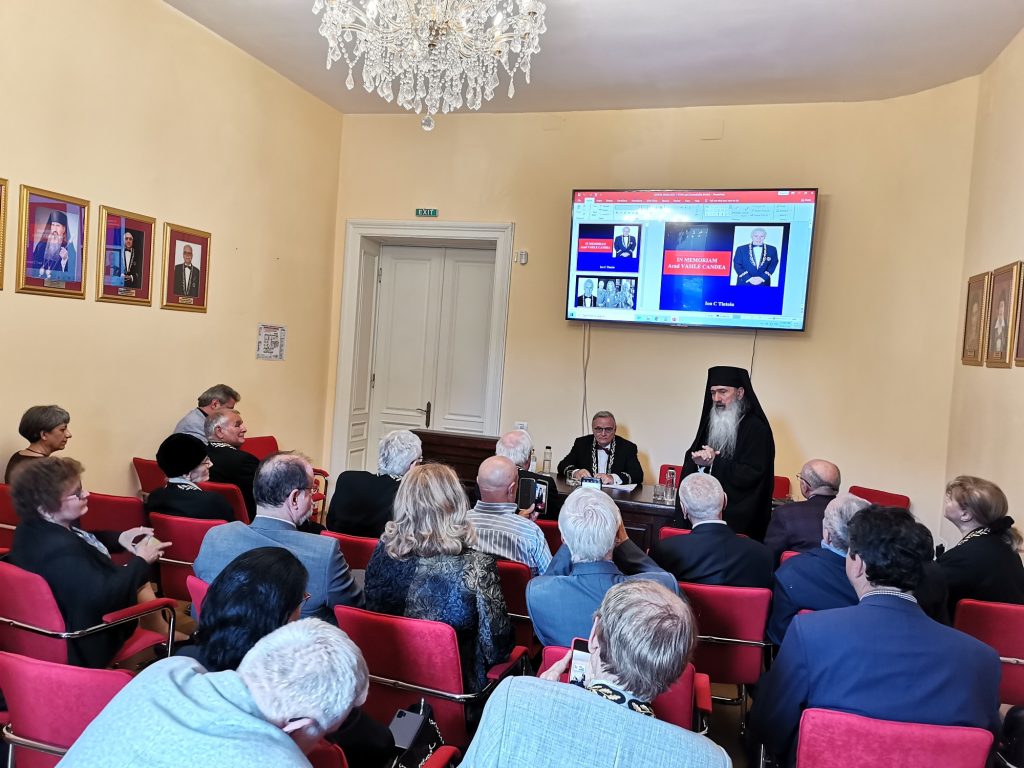
Prof. Dr. HORATIU MOLDOVAN
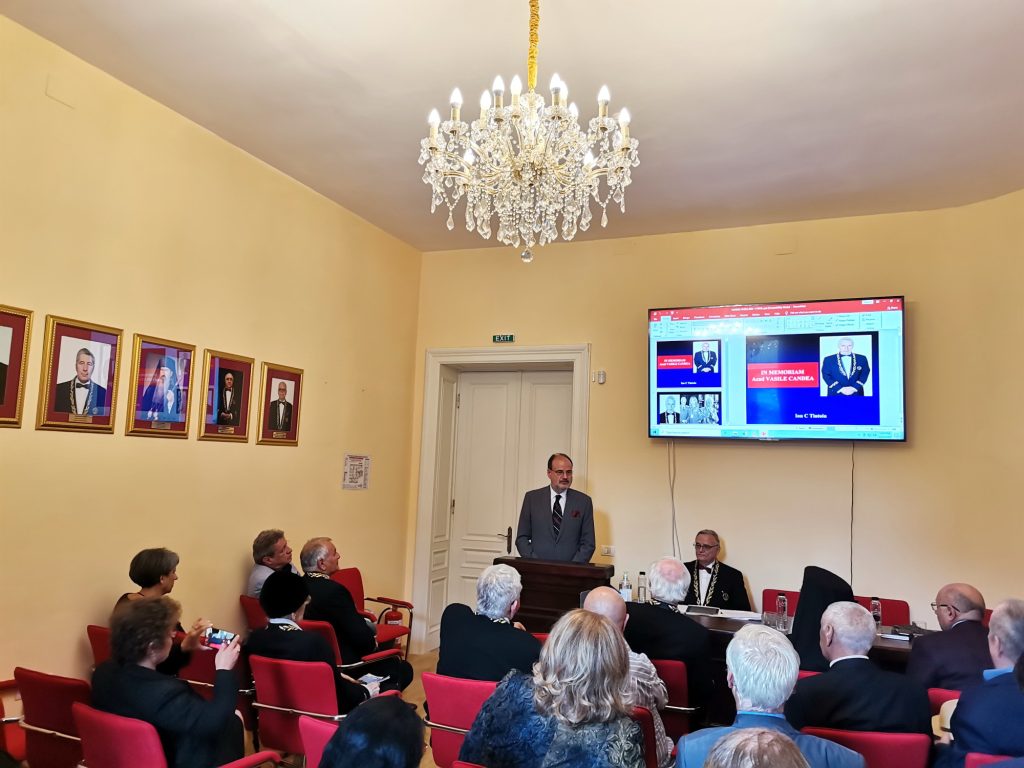
Prof. Dr. DAN MISCHIANU
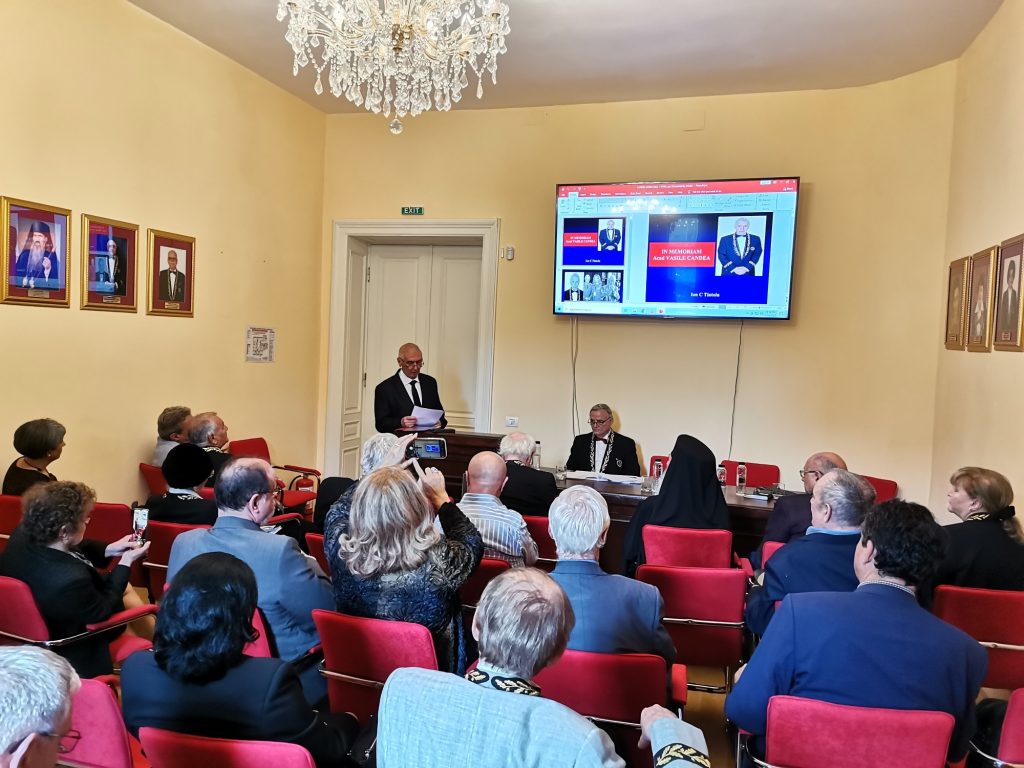
Prof. Dr. ECATERINA ANDRONESCU
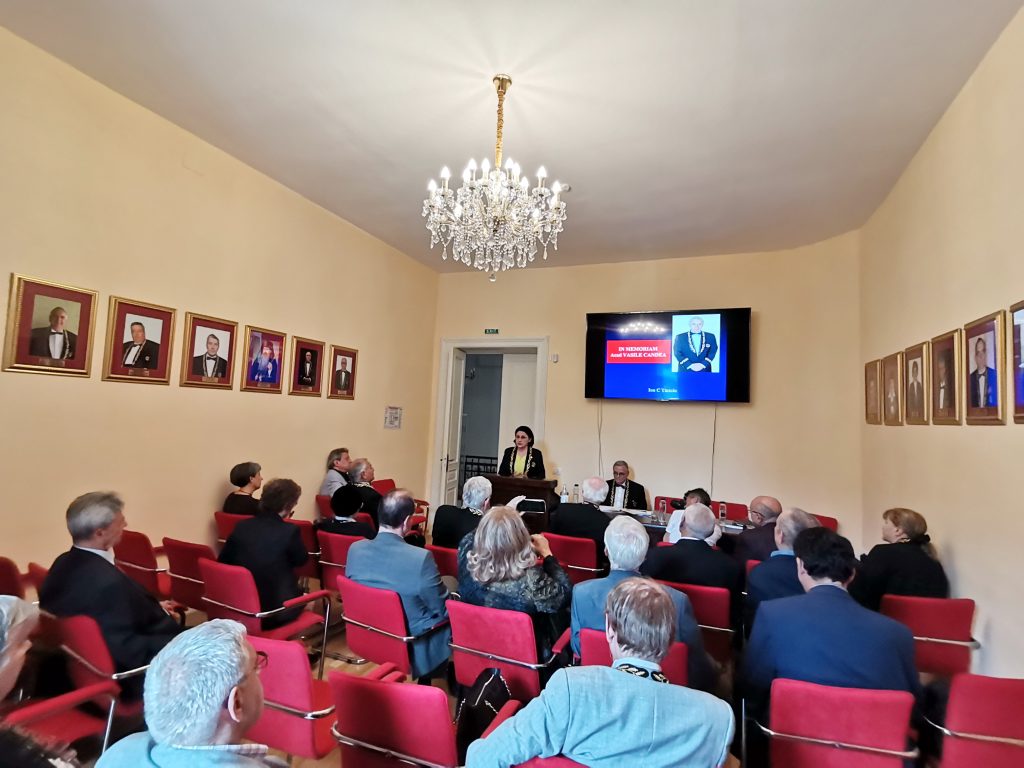
Commander Gen. Major Conf. Dr. FLORENTINA IONIȚĂ
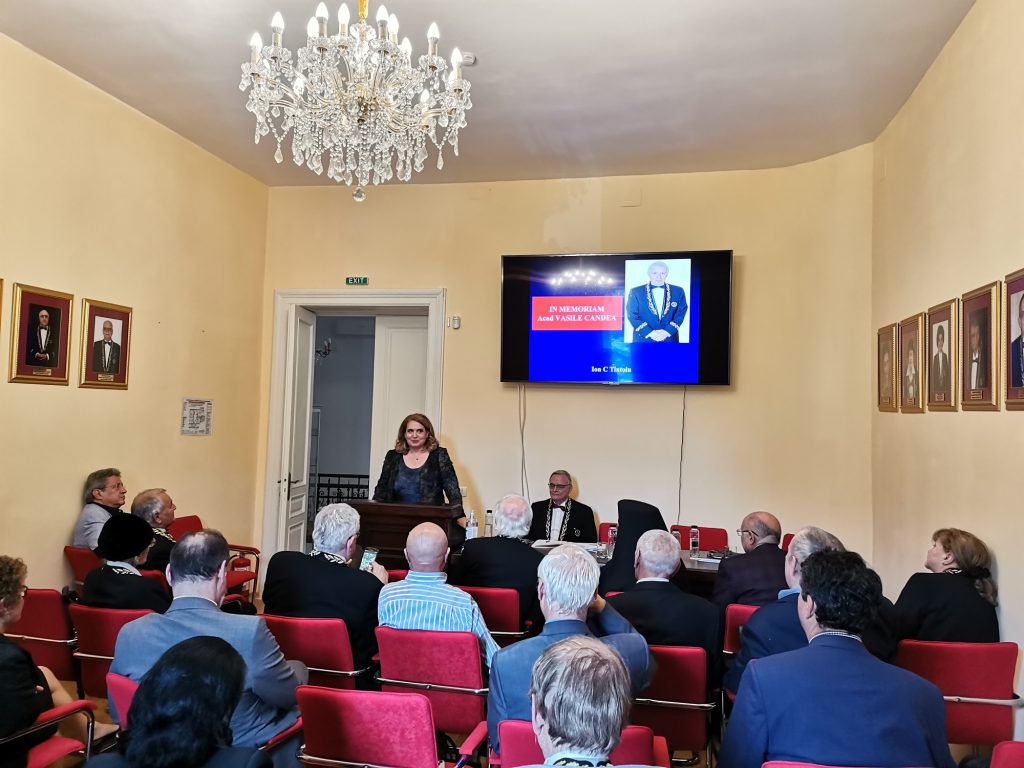
Prof. Dr. Eng. PETRU ANDEA
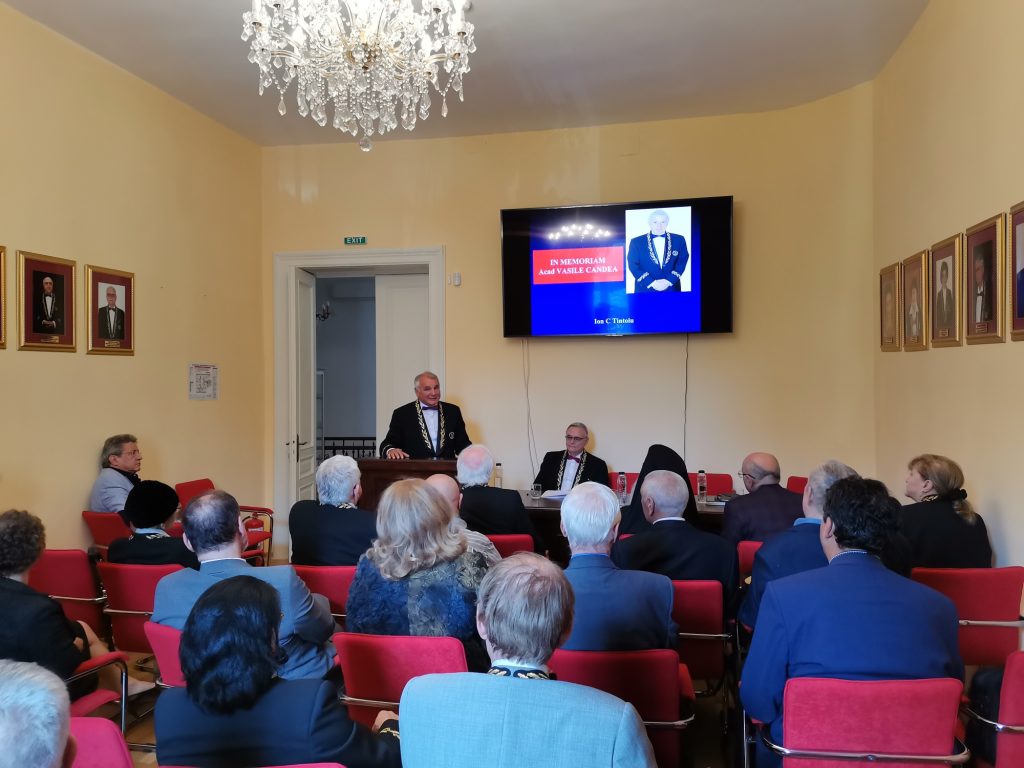
Prof. Dr. VALENTIN PAU
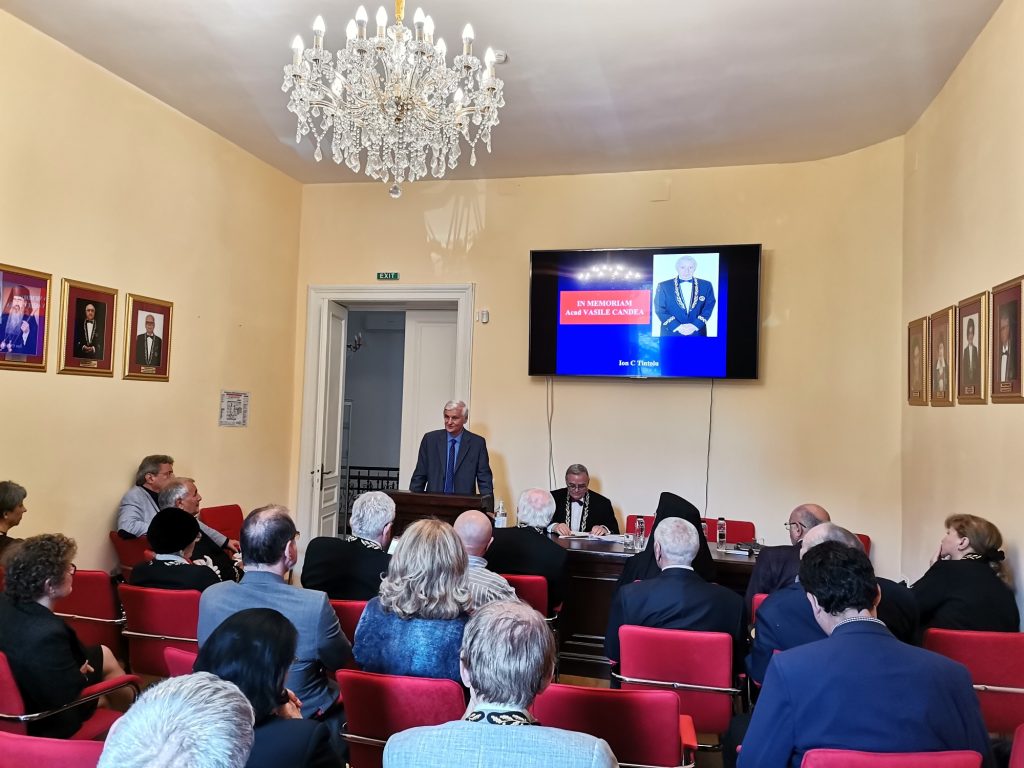

In Honorem President Vasile CÂNDEA
AOSR – The Academy of Romanian Scientists commemorates – in an atmosphere of deep respect, pious remembrance and deep appreciation – the personality, life and work of the one who was AOSR President, Army General (4 Stars) Acad. Prof. Habil. Dr. HC. Dr. Vasile CÂNDEA – Re-Founder of the institution. In 2022, President Vasile CÂNDEA (1932-2020) would have turned 90 years old, just as AOSR celebrates the existence of practically the same age-tradition of 87 years (1935-2022).
Recognized scholar and strategist of Romanian science, creator of medical school, illustrious university professor, distinguished academician, established inventor, practicing advanced medicine with numerous awards in cardiovascular surgery, perfect organizer re-built by re-legislation AOSR (in 1996 and by Law No. 31 / 15.01.2007), as a Romanian state academic institution, which through its direct wise leadership has acquired an important recognition in national and international excellence.
We have a duty of honor to highlight at the landmark – the landmark – the symbol – the model of the founder – the flagship – the brand – the scientist Vasile CÂNDEA, Romania, his glorious forerunners in Romanian science, medicine, education and culture:
- General Dr. Carol DAVILA (1828-1884) – the founder of Romanian medicine and medical education and
- Academician Constantin ANGELESCU (1869-1948) – the founder of modern Romanian education and the founder in 1935 of 2 (two) State Academies:
first – the Romanian Academy of Sciences (current Academy of Romanian Scientists – AOSR) and later,
the second – the Academy of Medicine (the current Academy of Medical Sciences of Romania -ASM).
General President Vasile CÂNDEA (1932-2020), like a true Arc over Time, rebuilt the Romanian academic reality, according to international standards: transforming into faith deeds the faith of the Immortal Holy Apostle PAVEL
(nc 5 AD – dc 67) – Pay attention to your elders and follow their faith (quoted by Acad. Prof. Dr. Theodor DAMIAN – President of the American Branch AOŞR) and
- carrying out in society the command of Emperor Julius Caesar (102 – 44 BC) – Gain your fame (quoted by Acads. Profs. Drs. Dan and Sorin RIGA / Dan RIGA – President of the AOSR Department of Medicine No. 8).
Thus, it is the duty of AOSR, which we repeat to re-founded in 2007 (15 years ago), to continue In Honorem with In Memoriam (two years later due to its transition to the World of the Righteous ), but especially with the perpetuation to the memory of the missing, applying the Christian Eternal of Remembrance.
As a proof of respect for the titans of Romanian medicine and science, at the proposal of AOSR, the Romanian Academy should honor important representatives, who were the heart and soul in the country’s progress, by awarding the Title of Post-Mortem Academician of the Romanian Academy.
We, as members of AOSR, thus owe a believer, a builder, a visionary, a Romanian patriot, a soldier who has become a general in medicine, science and culture, a man of good and good on this Earth.

Cabinet of the President of AOSR Acad. Prof. Habil. DrHC. Dr. Vasile CÂNDEA, 2019
Acad. Prof. Dr. Doc. Ilie Th. RIGA – first portrait from top left. In the photo, in order:
Acad. Prof. Habil. & Prof. HC. DrHC. Dr. Dan RIGA – President of the AOSR Department of Medicine
Bibliography – selection
- RIGA D, RIGA S., AOSR – Academy of Romanian Scientists celebrates 80 years (1935 – 2015), part I, Medica Academica, vol. 7, no. 54, pp. 12-15, 2015
- RIGA D, RIGA S., AOŞR – Academy of Romanian Scientists celebrates 80 years (1935 – 2015), part II, Medica Academica, vol. 7, no. 55, pp. 14-17, 2015
- CÂNDEA V., DELION DS, RIGA D., RIGA S., AOSR – Academy of Romanian Scientists, Scientific activity in 2015, Ed. AOSR, Bucharest, 2016
- CÂNDEA V., DEGERATU M., DELION DS, AOSR – Academy of Romanian Scientists, Anniversary Album 1935 – 2015, 448 pp. A4, Ed. Rao, Bucharest, 2016
- AOSR – Academy of Romanian Scientists, General (r) University Professor Dr. HC., Dr. Vasile CÂNDEA, 458 pp. A4, A Life Dedicated to Science / RIGA D., RIGA S., Homage to the Founder of AOŞR at 85 for years – President of AOSR, pp. 243-244, AOŞR Publishing House, Bucharest, 2017
Acads. Profs. Skillful. Profs. HC. Drs. HC., CS 1, Med. Primary, Drs. in Science
Dan RIGA + & Sorin RIGA
Members of the Academy of Romanian Scientists
Members of the Romanian Academy of Medical Sciences
Members of the Academy of Medical Sciences of the Republic of Moldova



